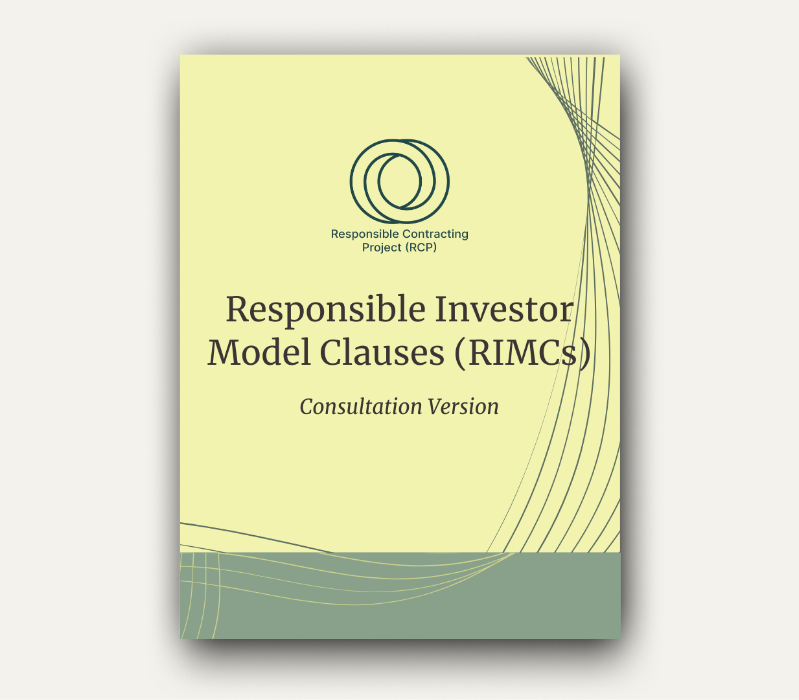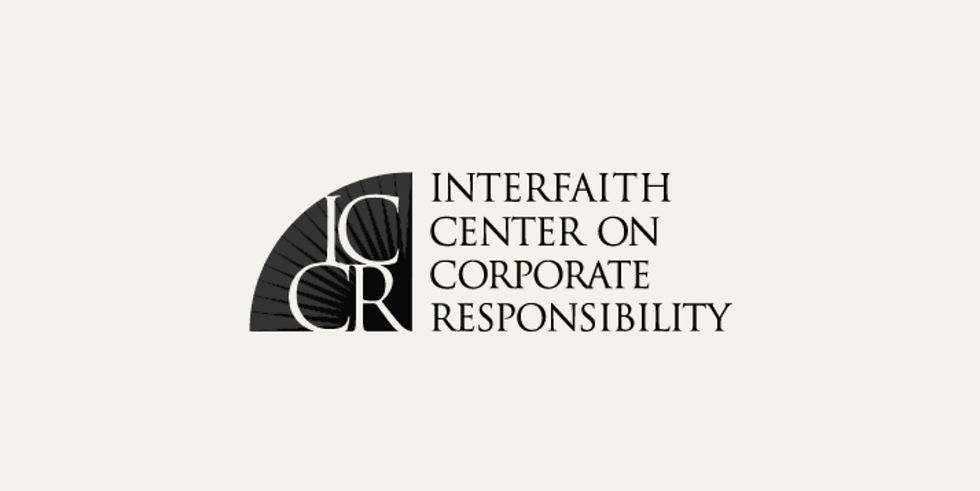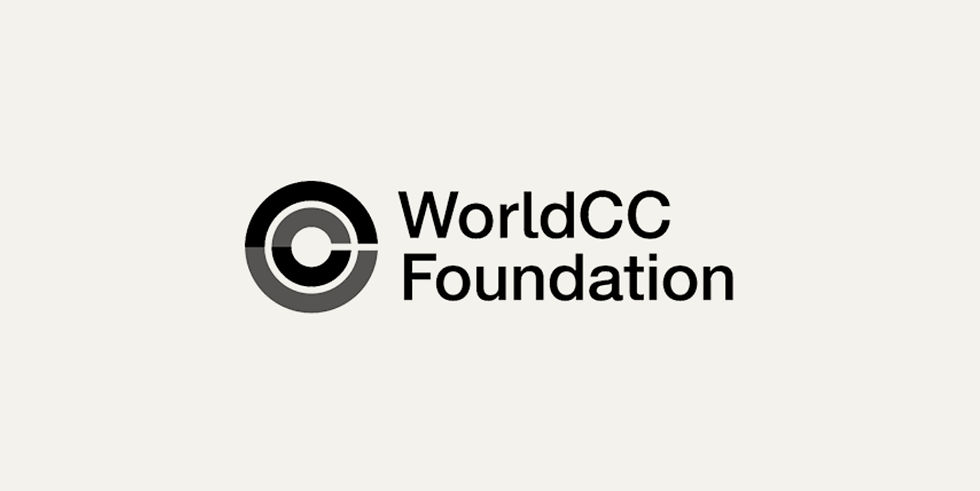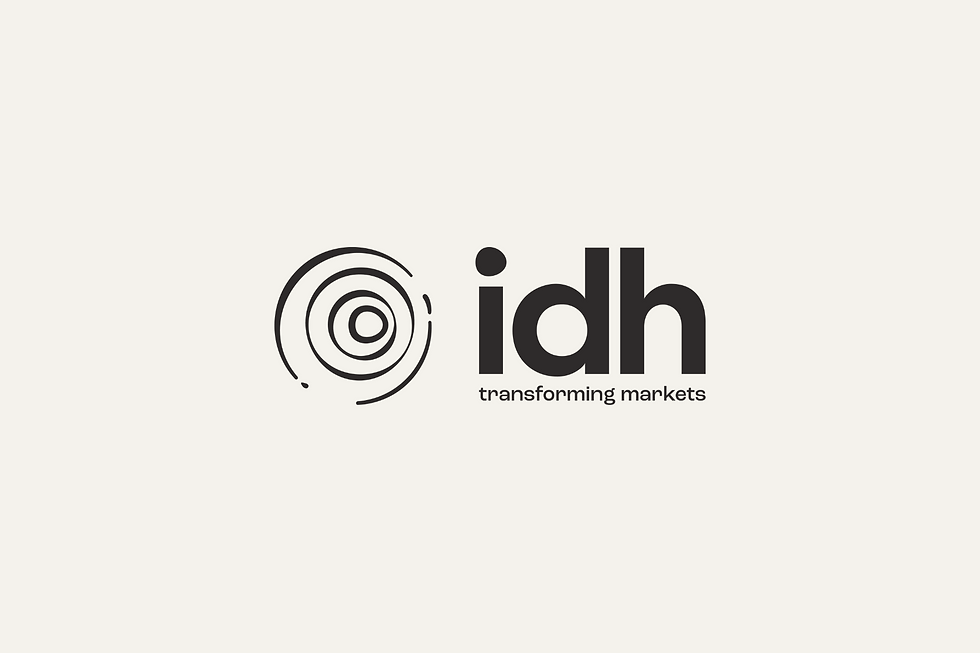The Responsible Investor Model Clauses (RIMCs)
The Responsible Investor Model Clauses (RIMCs) are model clauses designed to help investors and portfolio companies integrate responsible business conduct standards into their investment documentation.

The RIMCs operationalize RCP’s shared-responsibility approach in the investment context, following the three core principles of Responsible Contracting, and are designed to be integrated into investment documentation such as shareholder agreements, investor rights agreements, purchase agreements, and side letters.
The RIMCs are useful for investors working to improve the human rights and environmental performance of their investments in line with the UN Guiding Principles on Business and Human Rights (UNGPs), OECD Guidelines for Multinational Enterprises on Responsible Business Conduct, and the U.S. Government National Action Plan (NAP) for Responsible Business Conduct.
The RIMCs also reflect legislative developments and are aligned with the following regulations:
✔ EU Corporate Sustainability Due Diligence Directive (CSDDD)
✔ EU Corporate Sustainability Reporting Directive (CSRD)
The RIMCs are being developed by RCP, in collaboration with the American Bar Association’s Corporate Sustainability Law Committee and the Principles for Responsible Investing (PRI).
Consultations to receive input from stakeholders on the Consultation Draft ended in May 2025, and version 1.0 of the RIMCs is scheduled to launch in fall of 2025.
March 25, 2026 — RCP is participating in “Contracts that Create Sustainable Outcomes: Advancing Responsible & Inclusive Contracting," a webinar organized by the WorldCC Foundation that explores how contracts can drive meaningful environmental, social, and human rights outcomes across supply chains. The discussion is moderated by Nikki Mackay of the WorldCC Foundation, and features RCP Director Sarah Dadush; Anne Ketola of Tampere University and the Jargonfree Project; and Becky Annison of The Chancery Lane Project.













